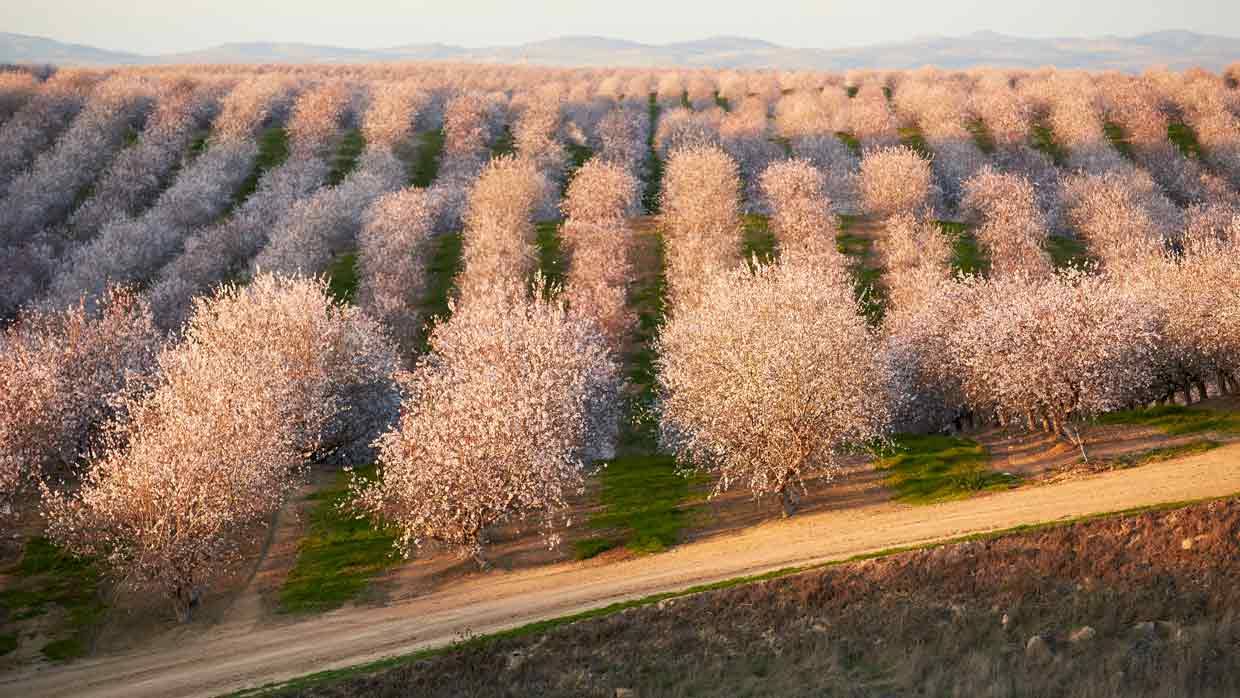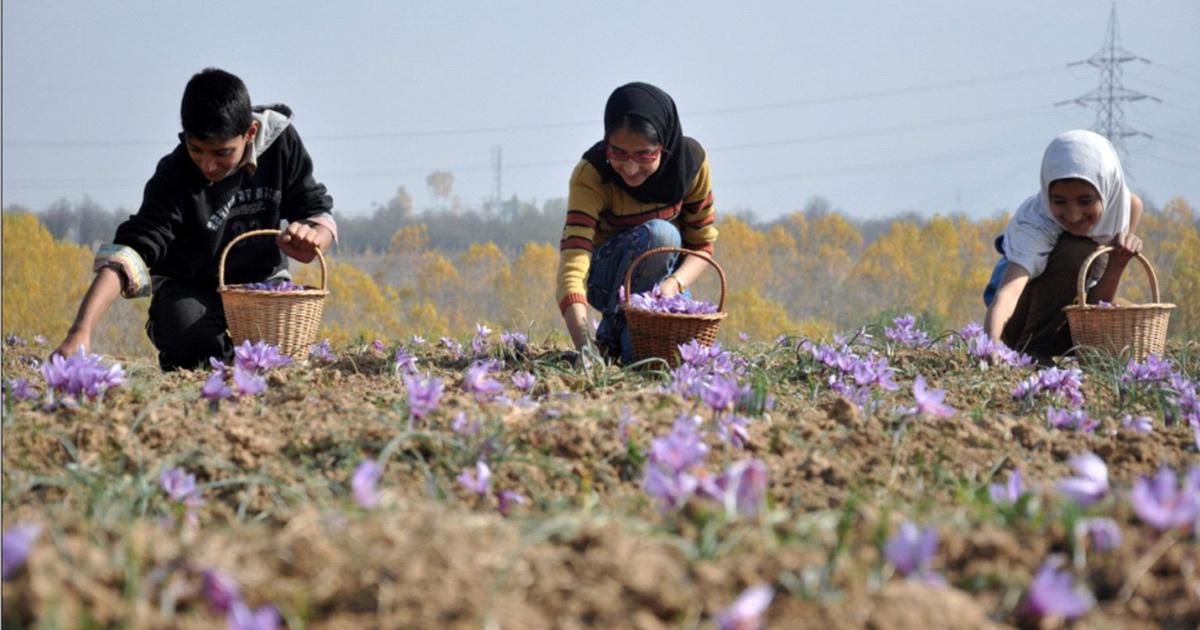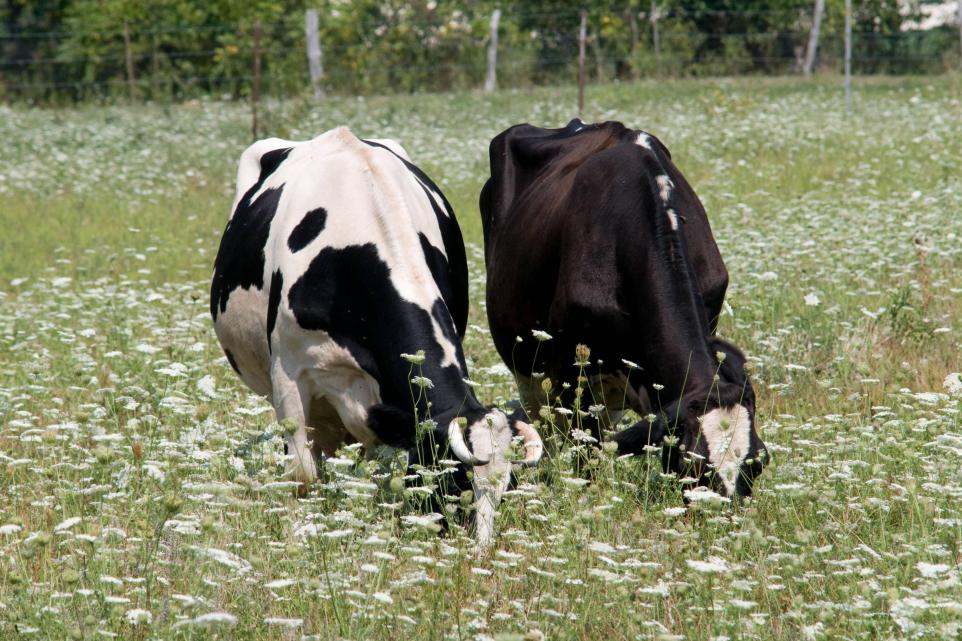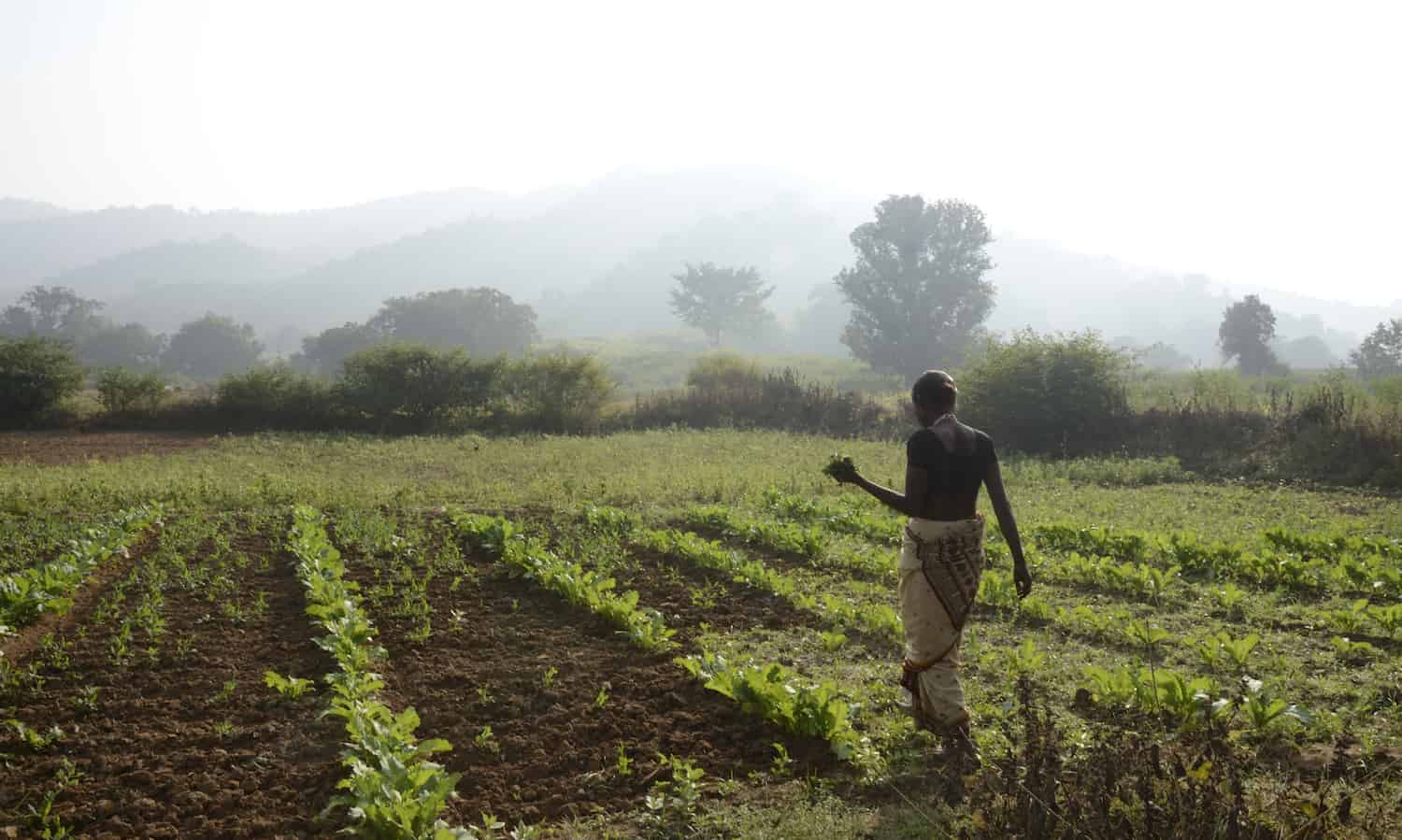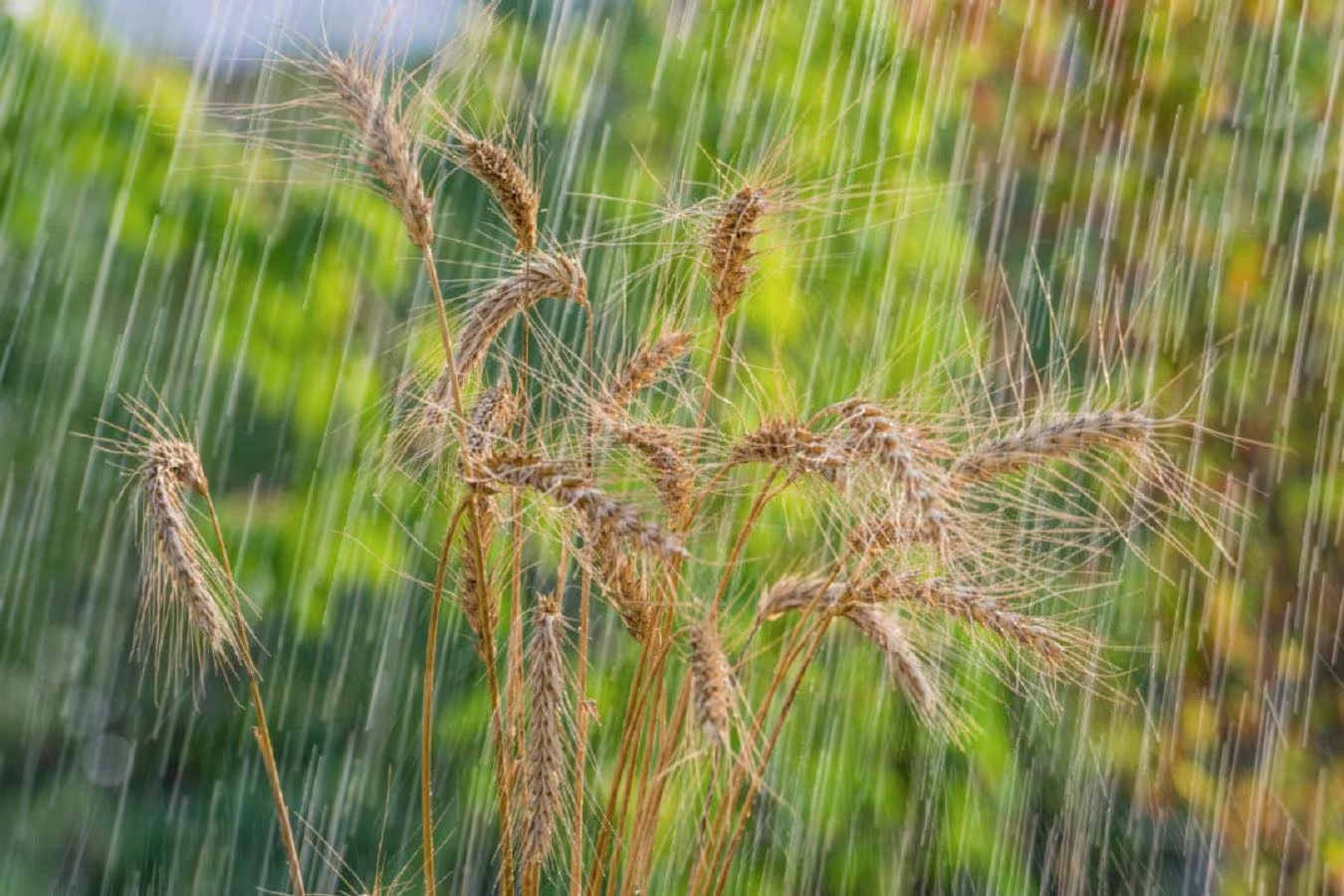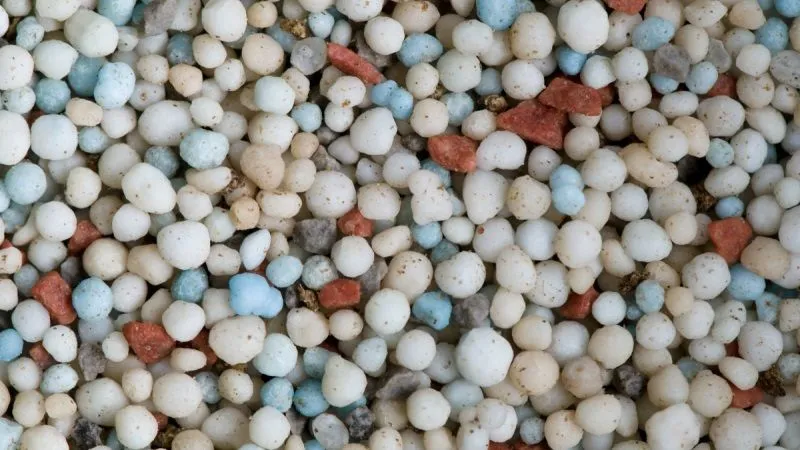Agriculture and the change in soil use produce 23% of the total emissions of greenhouse gases of anthropogenic origin. Moreover, the expansion and intensification of agriculture are considered determining factors in soil loss and degradation by accelerating erosion rates and favouring the loss of organic matter and nutrients. The most commonly used sustainable farming practices to maintain and restore the organic carbon in poor soils are reduced tilling; the use of plant covers; and the application of compost or manure, but how does crop diversification affect the carbon cycle? A team from the European Diverfarming project have analysed the potential of diversification in woody crops (almond and mandarin trees), determining that the introduction of perennial plants such as thyme and caper in rainfed almond trees favours the mitigation of climate change through the increase in soil carbon sequestration.
The team formed by the researchers form the CEBAS – CSIC María Martínez-Mena, Carolina Boix-Fayos, Efraín Carrillo, María Almagro,and Elvira Díaz,together with the researchers from theUniversidad Politécnica de Cartagena, Raúl Zornoza, Virginia Sánchez, José Antonio Acosta,and Silvia Martínez evaluated the short-term effect of the crop diversification on the soil carbon balance for a system of rainfed and of irrigated woody crops in semi-arid Mediterranean conditions. Specifically, they quantified the gains and losses of soil carbon to calculate the balance and evaluated the impacts of crop diversification on the main components that affect the carbon balance in two case studies of the Diverfarming project located in Murcia.
The crops assessed were organic rainfed almond trees and irrigated mandarin trees.In 2018, perennial crops such as capers and thyme were planted in the alleys of the almond trees, whilst in the alleys of the mandarin trees annual crops were introduced in rotation: a mix of barley, vetch and beans.The research team monitored the CO2 emissions to the atmosphere coming from the soil, as well as the carbon loss due to erosion and the carbon gains to the system by the growth of the plants,for two years.
Crop diversification affected the carbon balance (gains and losses) in the short term.Although in the irrigated mandarin crop diversified with annual plants the carbon soil carbon balance did not improve, the introduction of perennial species in the rainfed almonds did do so (reducing the carbon losses by between65 and 73%).
The potential of intercropping with perennial plants in woody systems to mitigate climate change through soil carbon sequestration could increase in the long term, once the new crops are fully developed and stabilised.Theongoing nature of the research would enable to confirm if this type of diversification would be a long-term solution to convert these systems into carbon sinks, thereby contributing to mitigating climate change.
Source - https://www.eurekalert.org


